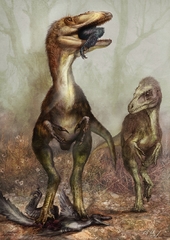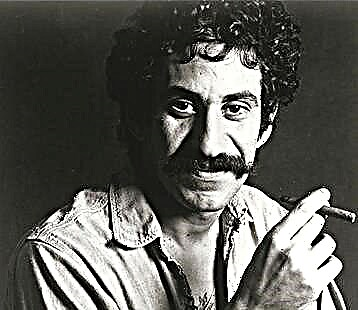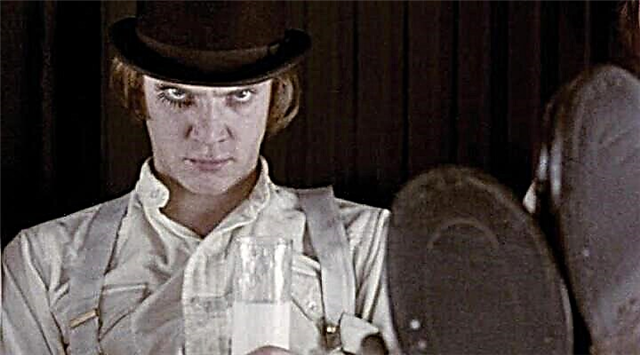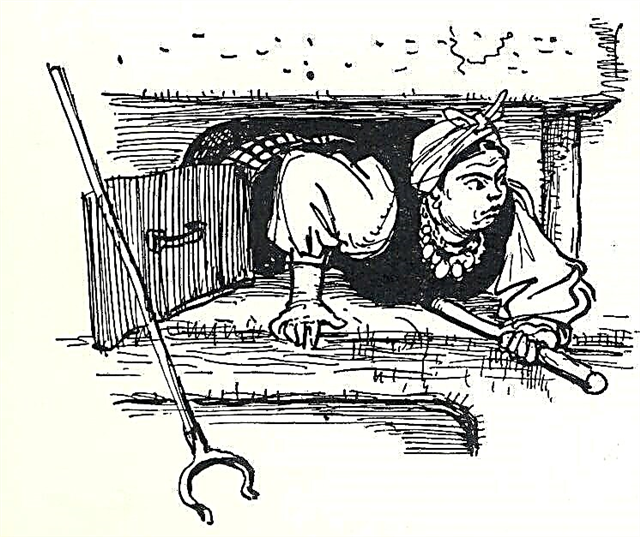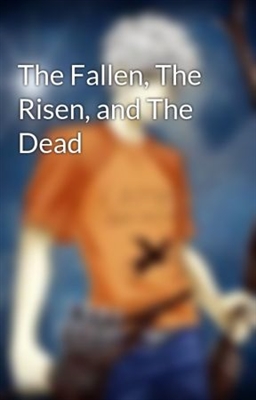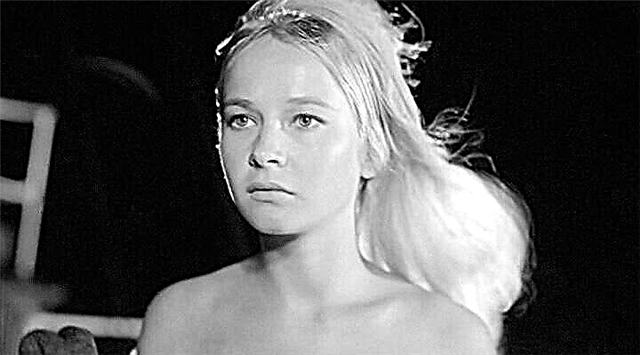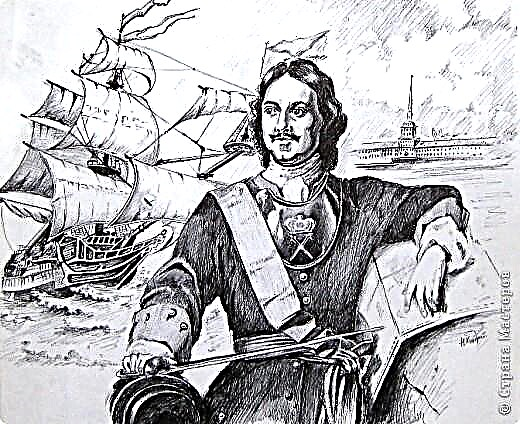Riders are not just equestrians: the whole estate was called in Athens - those who had enough money to keep a war horse. These were wealthy people, had small estates outside the city, lived on their income, and wanted Athens to be a peaceful, closed agricultural state.
The poet Aristophanes wanted peace; therefore, he made the riders the chorus of his comedy. They performed in two hemispheres and, to make it funnier, galloped on toy wooden horses. And before them, the actors played a clownish parody of Athenian political life. The owner of the state is an old man. The people are decrepit, lazy and out of their minds, and he is cared for and seduced by cunning politicians-demagogues: who is more obsequious, he is stronger. On the stage there are four of them: two are called by real names, Nikiy and Demosthenes, the third is called Kozhevnik (his real name is Cleon), and the fourth is called Sausage (this protagonist was invented by Aristophanes himself).
It was a difficult time for peaceful agitation. Nikiy and Demosthenes (not comedic, but real Athenian commanders; do not confuse this Demosthenes with the eponymous famous speaker who lived a hundred years later) just outside the city of Pylos, they surrounded a large Spartan army, but they could not defeat and capture him. They suggested taking advantage of this to conclude a profitable peace. And their opponent, Cleon (he really was a leatherworker), demanded to finish off the enemy and continue the war until victory. Then the enemies of Cleon suggested that he himself take command - in the hope that he, who had never fought, would be defeated and leave the stage. But there was a surprise: Cleon won under Pylos, brought the Spartan captives to Athens, and after that there was no longer anyway from politics in him: whoever tried to argue with Cleon and denounce him, they immediately reminded him: “And Pylos? and Pylos? ” - and had to be silent. And now Aristophanes took upon himself the unthinkable task: to make fun of this “Pylos” so that at any mention of this word the Athenians would remember not Cleon’s victory, but Aristophanes’s jokes and would not be proud, but would laugh.
So, on the stage is the house of the owner of the People, and in front of the house two of his slave servants, Nikiy and Demosthenes, sit and grieve: they were at the owner's mercy, and now they are wiped out by a new slave, a scoundrel tanner. They two made a glorious porridge in Pylos, and he grabbed it from them from under his nose and offered it to the People. He slurps, and throws all the tidbits to the tanner. What to do? Let's see in ancient predictions! War is an alarming, superstitious time, people in many recalled (or made up) ancient dark prophecies and interpreted them in relation to current circumstances. While the tanner is sleeping, we steal the most important prophecy from under his pillow! Stole; it says: "The worst is defeated only by the worst: there will be a little tramp in Athens, and worse his cattleman, worse his tanner, and worse his sausage." The tinker politician and the cattle breeder politician have already been in power; now stands a tanner; need to look for sausage.
Here is the sausage with a meat tray. "Are you a scientist?" - "Only with beater." “What did you learn?” “Stealing and unlocking.” - “What do you live?” - "And before, and back, and sausages." - “Oh, our savior! Do you see these people in the theater? Do you want to be the ruler over them all? Turn the Council, scream in the meeting, drink and fornish at the public expense? "With one foot in Asia, the other in Africa?" - “Yes, I’m a low kind!” - "All the better!" - "Yes, I am almost illiterate!" “That's good!” - "And what to do?" - "The same as with sausages: knead more abruptly, add salt more strongly, sweeten more flattering ones, call out louder." - “And who will help?” - “Riders!” On wooden horses, riders enter the stage, chasing Cleon the tanner. “Here is your enemy: surpass him with bragging, and the fatherland is yours!”
The bragging contest begins, interspersed with fights. “You are a tanner, you are a fraud, all your notes are rot!” - “But I swallowed the whole Pylos in one gulp!” “But first, I filled my womb with the entire Athenian treasury!” - "The sausage maker himself, the intestine himself, he stole leftovers!" - "No matter how strong, no matter how sulk, I’ll shout anyway!" The choir comments, warns, commemorates the good manners of the fathers and praises the best intentions of the poet Aristophanes to citizens: there were good comedians before, but one is old, the other is drunk, but this is worth listening to. So it was supposed in all the old comedies.
But this is a saying, the main thing is ahead. The old people come to the noise from the house with a braided gait: which of the rivals loves him more? "If I do not love you, let me open to the belts!" Shouts the tanner. "And let me chop into minced meat!" - the sausage shouts. “I want your Athens to rule over all of Greece!” - “So that you, the people, would suffer in campaigns, and he would profit from every booty!” - “Remember, People, from how many conspiracies I saved you!” - "Do not believe him, it was he himself who drank water to catch a fish!" - “Here is my sheepskin to warm old bones!” - “And here's a little pillow in the ass that you rubbed, rowing with Salamis!” - “I have for you a whole chest of good prophecies!” - “And I have a whole barn!” These prophecies are read one after the other - a grandiloquent collection of meaningless words - and one after the other they are interpreted in the most fantastic way: each for the benefit of oneself and the evil of the enemy. Of course, sausage farmers get it much more interesting. When the prophecies end, well-known sayings come into play - and also with the most unexpected interpretations of the grudge of the day. Finally, it comes to the saying: “There is, besides Pylos, Pylos, but there is also Pylos and the third!” (in Greece there really were three cities with the same name), followed by a bunch of untranslatable puns for the word "Pylos". And it’s ready - Aristophanes’s goal has been achieved, not one of the spectators will remember this Cleon “Pylos” without funny laughter. "Here you are, People, a stew from me!" - "And from me porridge!" - "And from me a pie!" - "And from me wine!" - “And it’s hot from me!” - “Oh, tanner, look, there's money coming, you can make money!” “Where?” Where?" The tanner rushes to look for money, the sausage picks up his fries and brings it from himself. “Ah, you scoundrel, you bring strangers from yourself!” - “And aren't you and Pylos appropriated after Nikias and Demosthenes?” - “It doesn’t matter who toasted, - an honor to the one who brought it!” - proclaims the people. The tanner is driven into the neck, the sausage is proclaimed the chief adviser to the People. The choir sings along with all this in verse for the glory of the People and in the reproach of such and such a libertine, and such and such a coward, and such and such an embezzler, all under their own names.
The denouement is fabulous. There was a myth about the witch Medea, who threw the old man into a pot of potions, and the old man came out of there as a young man. So behind the scenes and the sausage-maker throws the old People into a boiling cauldron, and he leaves the young and flourishing from there. They walk along the stage, and the People majestically announces how good people will live well now and how bad (and so-and-so and so-and-so) will pay off right away, and the choir rejoices that the good old days are back when everyone lived freely, peacefully and satisfyingly.



